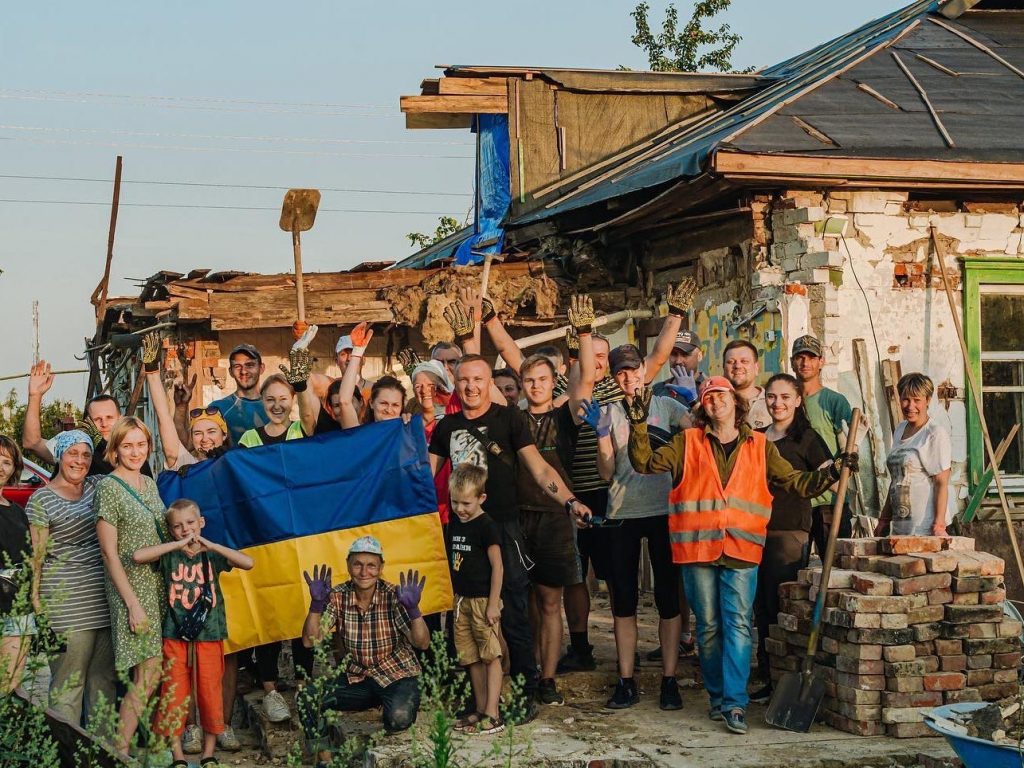- Russian forces wrecked the Chernihiv Oblast region during the early stages of the Ukraine war.
- Andriy Galyuga, an electrician, and his 300 volunteers are now working to rebuild homes there.
- The volunteers, many of whom have day jobs, work tirelessly in their spare time to beat the oncoming winter.
When Russian troops withdrew from Chernihiv Oblast, Ukraine, at the start of April, Andriy Galyuga and his team of volunteers got to work immediately.
To begin with, they started to make repairs to friends' houses that were destroyed by Russian shelling in Bobrovytsia – a small city halfway between Kyiv and Chernihiv.
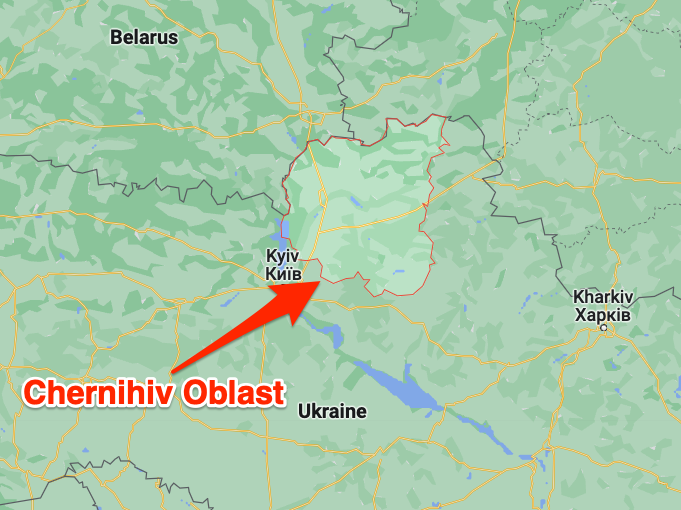
But when the word got out about their efforts to transform rubble into homes, and neighbors started asking for help, they agreed to assist strangers throughout the region — anyone in need of a home.
Russian forces ravaged the Chernihiv Oblast region throughout March, and Bobrovytsia was severely hit. According to Ukrainian media outlet Babel, about 300 homes were destroyed.
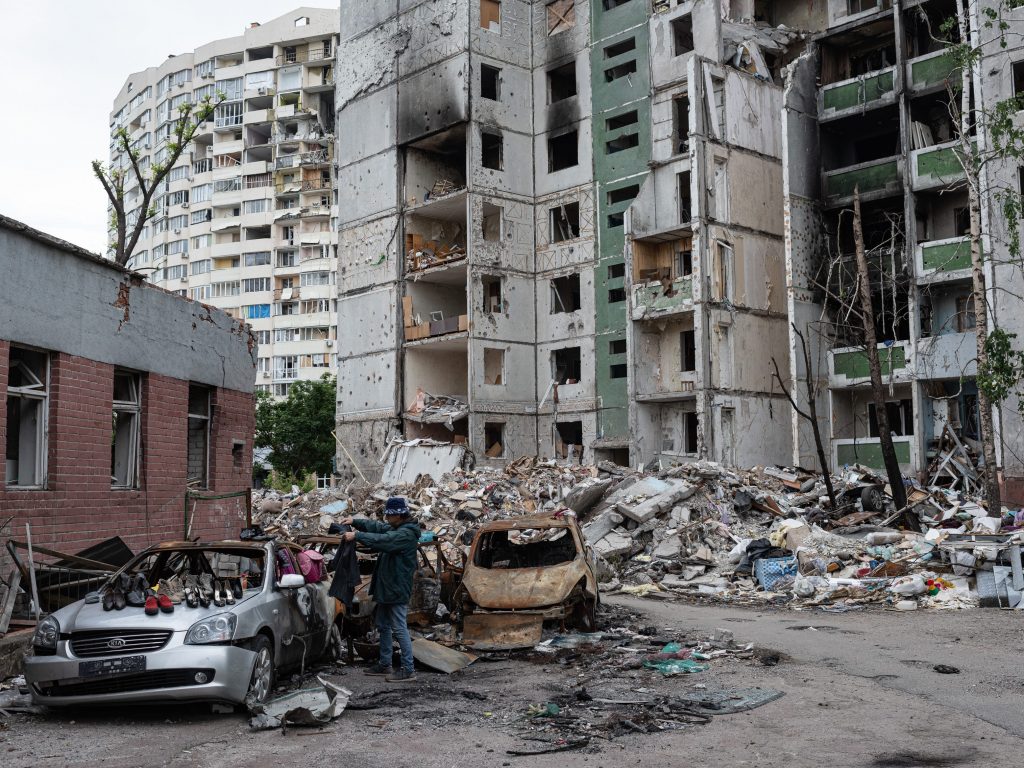
To rebuild communities required a workforce, Galyuga, the head of the Bo Mozhemo ("Because We Can") volunteer organization, told Insider but finding helpers was initially a struggle.
"At first, there were very few people who helped," Galyuga, leading the efforts to rebuild and repair homes, said during an interview. In early April, many civilians had fled to safety and were yet to return.
But as locals began to make their way back and people heard of the rebuilding efforts, offers to get involved started to flood in. "Now there are a lot of people — more than 300 — helping," Galyuga said.
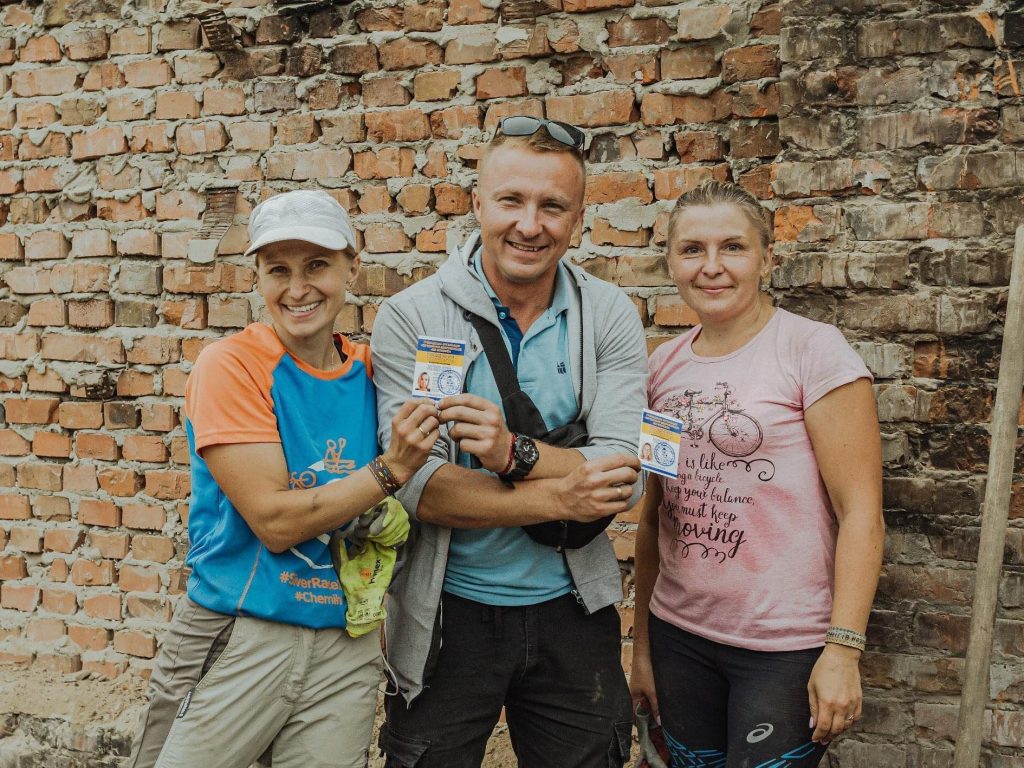
Many volunteers have day jobs but use any spare time they have to bring communities back to life. Galyuga himself works as an electrician and dedicates his breaks, after-work hours, and weekends to coordinating the legion of volunteer builders.
During his work day, he's constantly using Telegram and Facebook to help volunteers navigate the work they need to do. At 6 pm daily, he visits one of many construction sites to offer guidance. And on Saturdays and Sundays, he said, he uses his skills as an electrician to get stuck into the work himself.
The volunteers aren't all professionals, so most of their current work is making simple repairs. He said they've made repairs to more than 40 houses so far. But on one site that was obliterated when a Russian plane crashed into it, a team of skilled volunteers is working to build a house from scratch.
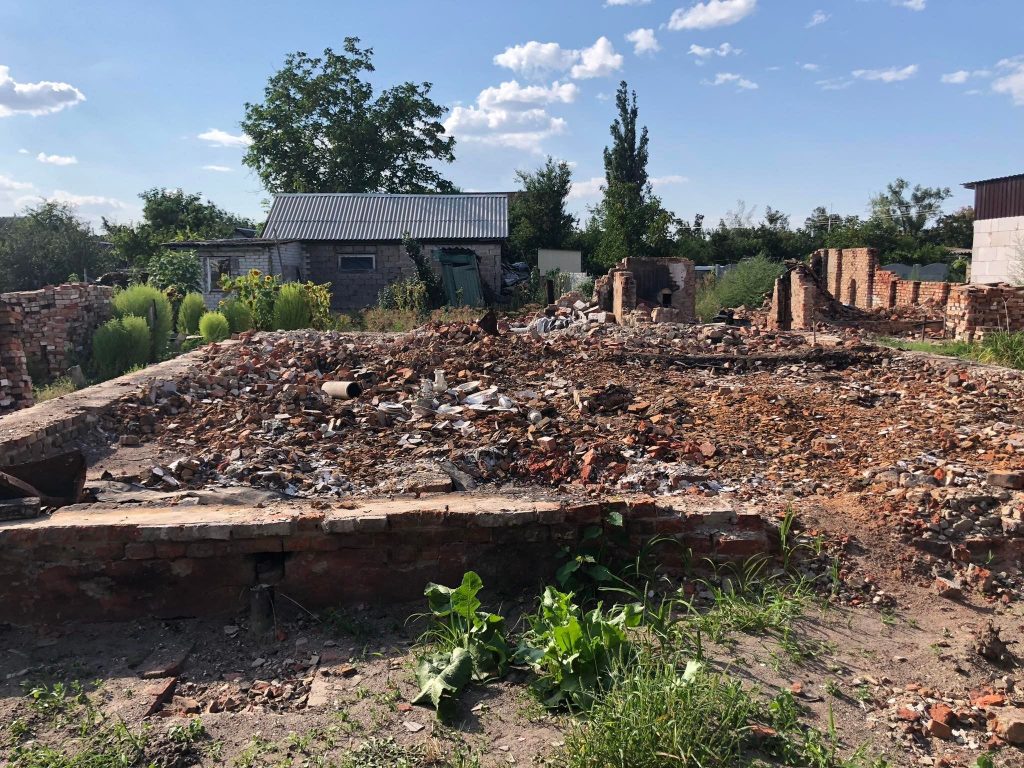
It's expensive work, estimating upwards of $10,000, and the organization is currently only funded by private donations and some local funding. The hope, Galyuga said, is to one day receive funds from international NGOs.
He added that the volunteers are working tirelessly and with urgency, he said, to ensure that locals are not out on the streets when the Ukrainian weather changes. "Winter is coming," Galyuga said. "We don't have much time, so we have to do it quickly."
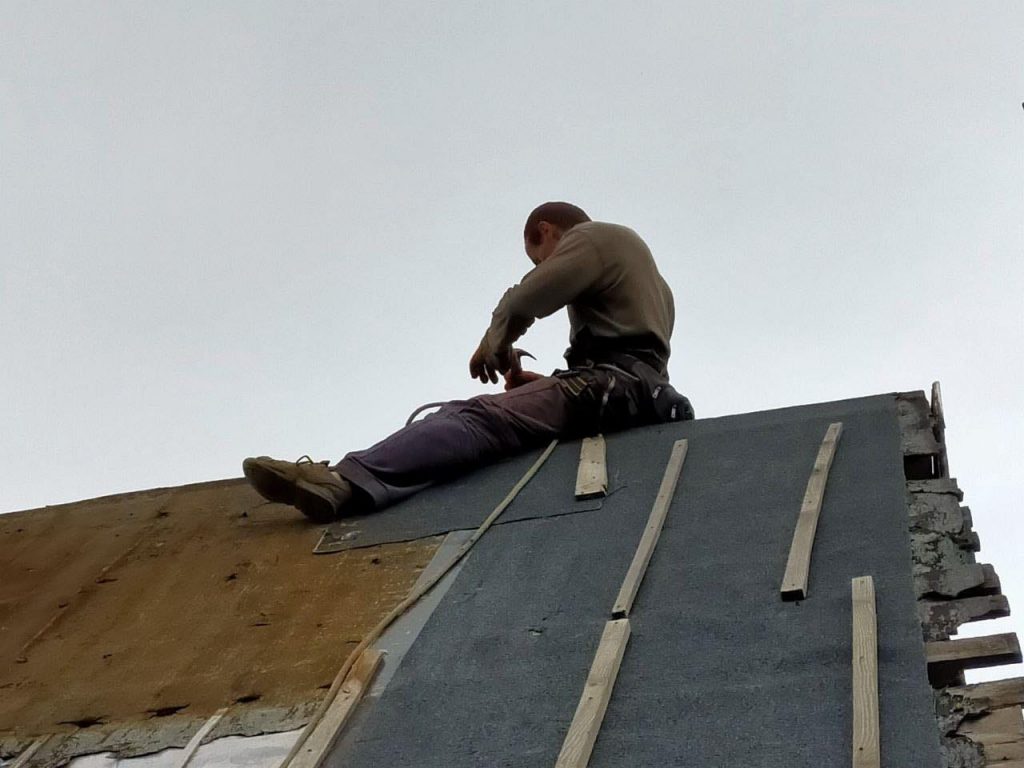
There's an added time crunch because Ukrainians, many of whom fled the country at the start of the war, are beginning to return. Many of them, sadly, to rubble. "People don't have a place to live now," he said.
Volunteering offers the obvious benefit of giving homes to people made homeless by the ravages of war. Still, Galyuga said there's another significant perk: "It unites a common people to help the people in need."
